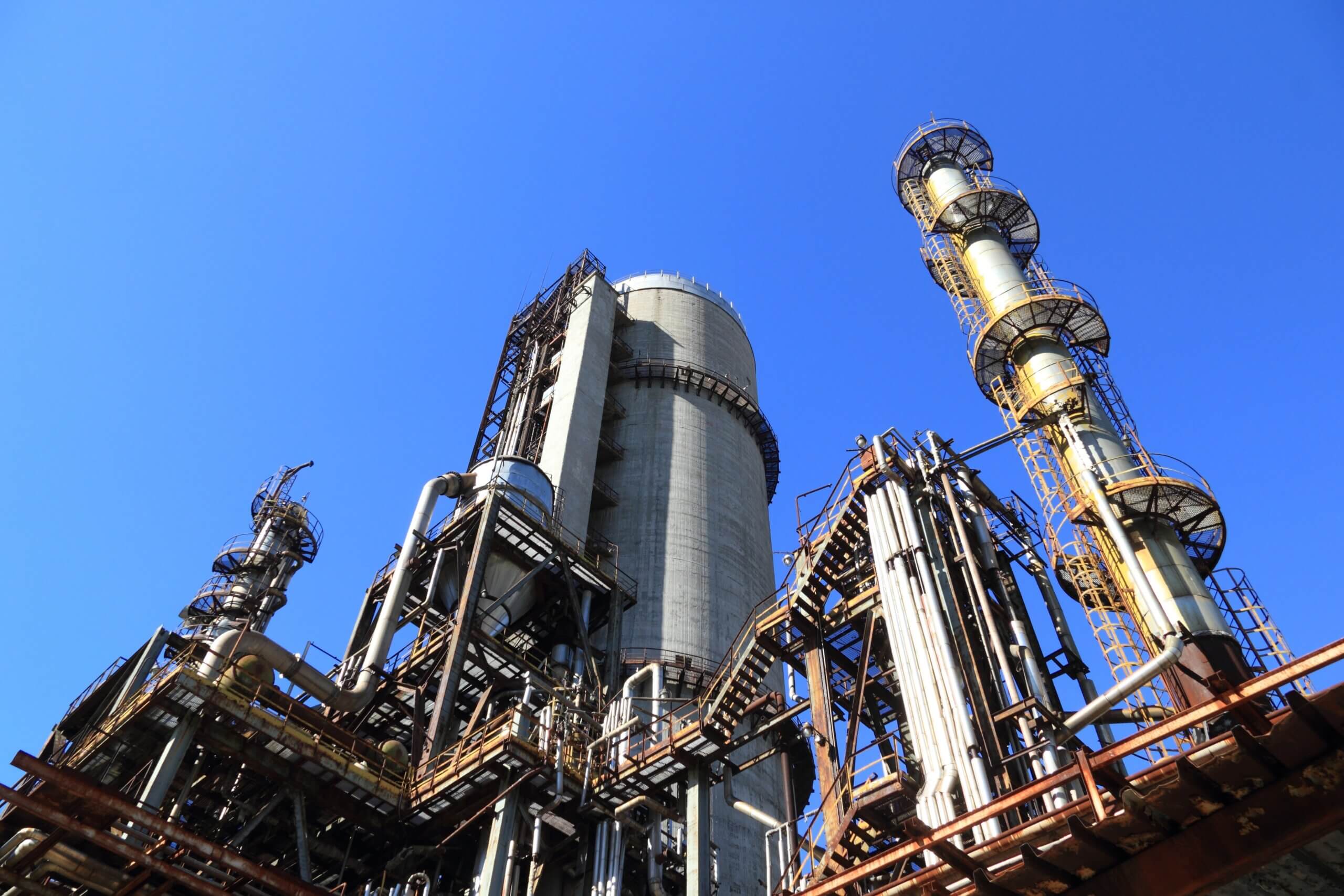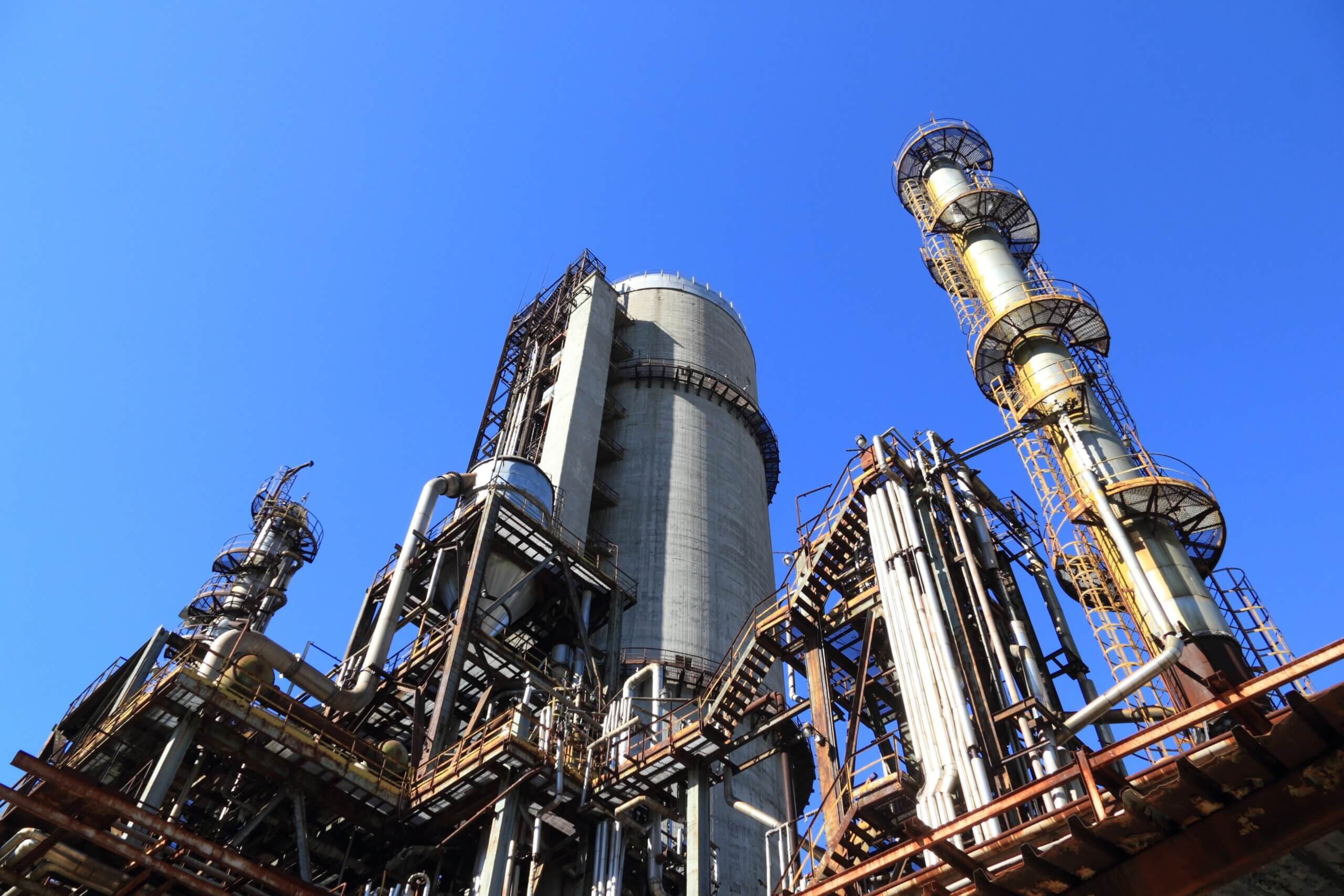“Deglobalization” has entered the narrative zeitgeist. But what’s happening on the ground? This weekly series seeks to answer that question with a round-up of deglobalization developments from the week that’s done.
1. The global law firm Dentons is splitting off its China unit, citing “evolving regulatory environment for Chinese law firms,” including new data privacy and cybersecurity requirements. The separate Chinese firm, Dacheng, will now operate completely separately from Dentons, undoing a 2015 merger that brought the two firms together.
2. Russia froze Goldman Sachs’s holdings in several Russian companies, essentially grabbing 36 million USD worth of the American bank’s assets. The freezing comes after state-owned bank Otkritie filed suit against Goldman, accusing it of refusing to fulfil debt obligations.
3. Costs from supply chain disruptions dropped over 50% last year compared to 2021, according to supply chain risk management company Interos. But companies are still grappling with shortages and delivery delays. Supply chain conditions “will not go back to the way that it was in 2019,” said an Interos analyst.
4. Tesla’s relies on China for the bulk of its global sales. It also depends on China for 40% of its battery supply chain, according to a Nikkei Asia analysis. That includes relying on Chinese nonferrous smelters, as well as lithium and cobalt materials.
5. Taiwan’s TSMC is building a 3.8 billion USD semiconductor plant in Germany’s Dresden. The factory is due to open in 2027 with a capacity of 40,000 300-millimeter wafers per month. The plant will be a joint venture: German auto parts maker Bosch and semiconductor maker Infineon, both German, and the Netherlands’ NXP, will each hold 10%, while TSMC will hold 70%.
(Photo by Pexabay/Pexels)




